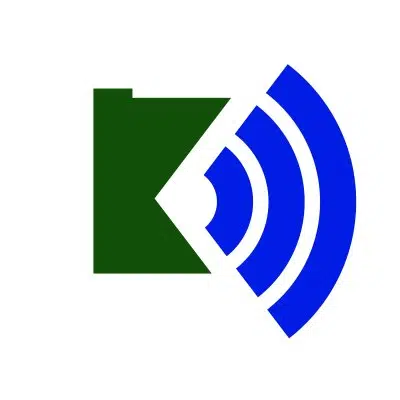By Luc Cohen
NEW YORK (Reuters) – Tom Barrack, a onetime private equity executive and fundraiser for Donald Trump, traded his access to the then-president for investments from the United Arab Emirates, a U.S. prosecutor said on Tuesday during closing arguments in Barrack’s foreign agent trial.
Federal prosecutors in Brooklyn last year charged Barrack with promoting the UAE’s interests to the Trump campaign and administration without informing the U.S. attorney general he was an agent, as required by law.
Abu Dhabi then invested $374 million from its sovereign wealth funds with Barrack, prosecutors say.
“Mr. Barrack traded his political access for a long-term relationship with top UAE officials … who controlled vast oil wealth,” Ryan Harris, an assistant U.S. attorney, told jurors on Tuesday. “In return, the UAE unlocked its purse strings.”
Barrack, the 75-year-old former chair of Trump’s inaugural committee, has pleaded not guilty. He argues his interactions with Middle Eastern officials were part of his role running private equity firm Colony Capital, now known as DigitalBridge Group Inc.
His lawyers were expected to give closing arguments later on Tuesday.
During the six-week trial, federal prosecutors showed jurors hundreds of text messages and emails between Barrack, his former assistant and co-defendant Matthew Grimes, and a businessman named Rashid Al-Malik, whom prosecutors say acted as an intermediary between the two and UAE officials.
Grimes has pleaded not guilty. Al-Malik is at large.
Harris said on Tuesday that Barrack passed along “insider information” about U.S. foreign policy to UAE officials, and took Emirati input about what he should say about the Middle East in television interviews and opinion articles.
Jurors last month heard prosecution testimony from former U.S. Secretary of State Rex Tillerson, who said he was unaware of any role by Barrack in U.S. foreign policy.
“How were the defendants able to operate with impunity?” Harris said. “Because they never told … public officials charged with stopping foreign influence campaigns.”
Barrack himself took the stand last week, testifying that he never agreed to act at Abu Dhabi’s direction or control. He also pointed to his support of UAE rival Qatar during a 2017 blockade of that country by Middle Eastern neighbors as evidence he was not promoting the UAE’s interests.
(Reporting by Luc Cohen in New York; Editing by Noeleen Walder and Jonathan Oatis)


